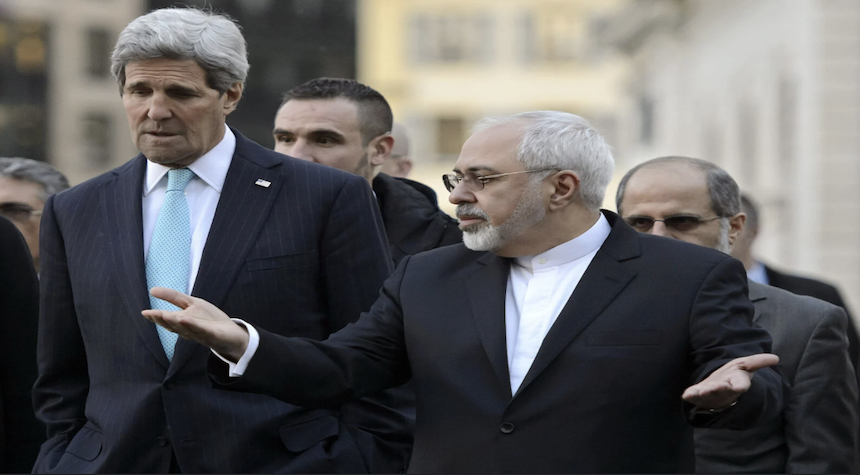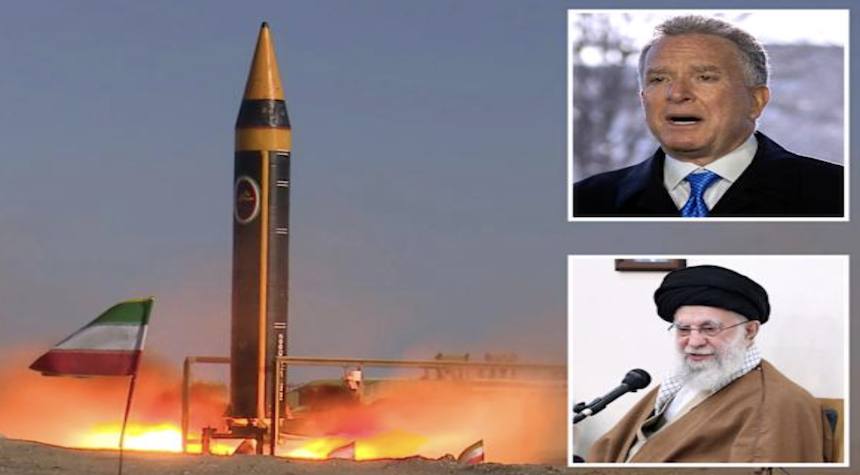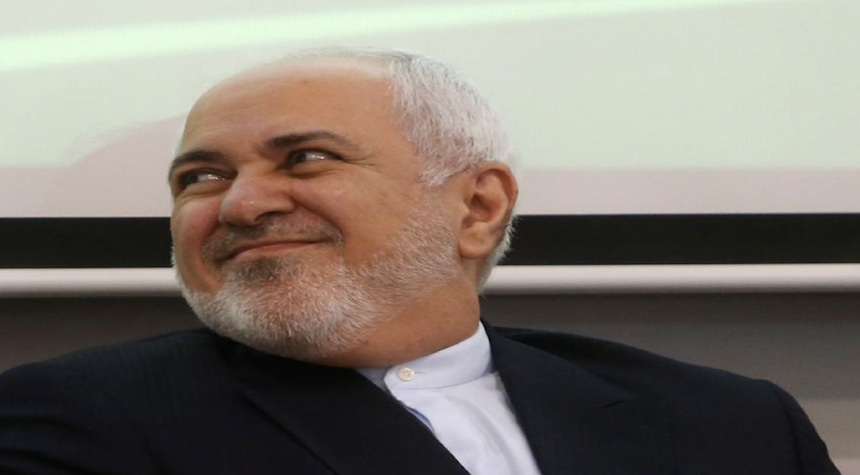Iran’s President approved the formal resignation of one of his vice presidents, who was Tehran’s main negotiator for its 2015 nuclear agreement with world powers. This came just before the head of the United Nations’ Nuclear Watchdog arrived in the Islamic Republic on Wednesday.
President Masoud Pezeshkian’s announcement late Tuesday regarding Mohammad Javad Zarif comes as Iran prepares for a second round of negotiations with the United States over its rapidly advancing nuclear program.
The visit of Rafael Mariano Grossi as the head of the International Atomic Energy Agency, scheduled to begin Wednesday, could include negotiations about what access his inspectors will be able to get under any deal.
Negotiations are at stake for two countries that are closing in on a half-century of animosity. Donald Trump has repeatedly threatened to launch airstrikes against Iran’s nuclear program if a deal cannot be reached. Iranian officials are increasingly warning that their stockpiles of uranium, which have been enriched near weapons-grade levels, could be used to build a nuclear bomb.
Zarif was a major supporter of Pezeshkian during his election last summer, but received criticism from hardliners in Iran’s Shiite Theocracy who have long claimed Zarif had given too much away in negotiations.

Zarif resigned from his position in March. The president didn’t immediately reply to the letter. Zarif used resignations as leverage in his political career in the past, such as in a dispute over the composition of Pezeshkian’s cabinet last year. The president rejected this resignation.
A statement released by the Presidency late on Tuesday said that Pezeshkian had written Zarif a note praising him, but accepting his resignation.
A statement by the Presidency said, “Pezeshkian stressed that his administration cannot benefit from Zarif’s valuable knowledge and experience due to certain factors.”
In a presidential decree, the president appointed Mohsen 59 Ismaili as his new Vice President for Strategic Affairs. In Iran, the president is assisted by multiple vice presidents. Ismaili has a reputation as a political expert and legal expert.
Grossi was to meet Pezeshkian, among others, in Tehran.
Iran is enriching uranium up to 60% purity, which is near the weapons-grade level of 90%, since the collapse of the nuclear agreement in 2018.
Iran has also barred the most experienced inspectors of the Vienna-based IAEA. Iranian officials have also increased their threats that they may pursue atomic weapons. The West and the IAEA are concerned about this since Tehran abandoned its organized weapons program in 2003.

To ensure compliance, any possible agreement between Iran and the U.S. would likely need the IAEA’s expertise. The agency’s access to Iran has not been completely revoked despite the tensions between Iran and the IAEA.
The location of the next round is still unknown, even though it’s scheduled for this Saturday. The initial announcement was that the talks would be held in Rome, but Iran announced early on Tuesday that they would return to Oman. The American officials have not yet revealed where the negotiations will take place. However, Trump called Oman’s Sultan Haitham Bin Tariq while he was in the Netherlands on Tuesday.
Iran’s foreign minister, Abbas Araghchi, warned the U.S. on Wednesday against taking opposing positions in the talks.
This is likely referring to the comments made by Steve Witkoff this week, who suggested that a deal might see Iran return to 3.67% of uranium, like the deal struck in 2015 by the Obama Administration. Witkoff followed up by saying that “a deal with Iran can only be concluded if it’s a Trump deal.”
He wrote, “Iran should stop its nuclear weaponization and enrichment program and end it,” on the social media platform X. The world needs to create a fair, tough deal that will last, and this is what President Trump asked me to do.
Araghchi warned the United States against taking “contradictory or opposing positions” during the talks.
Araghchi stated, “Enrichment is an accepted and real issue, and we are prepared to build trust about any possible concerns. Losing the right to be enriched at all is not negotiable.”

